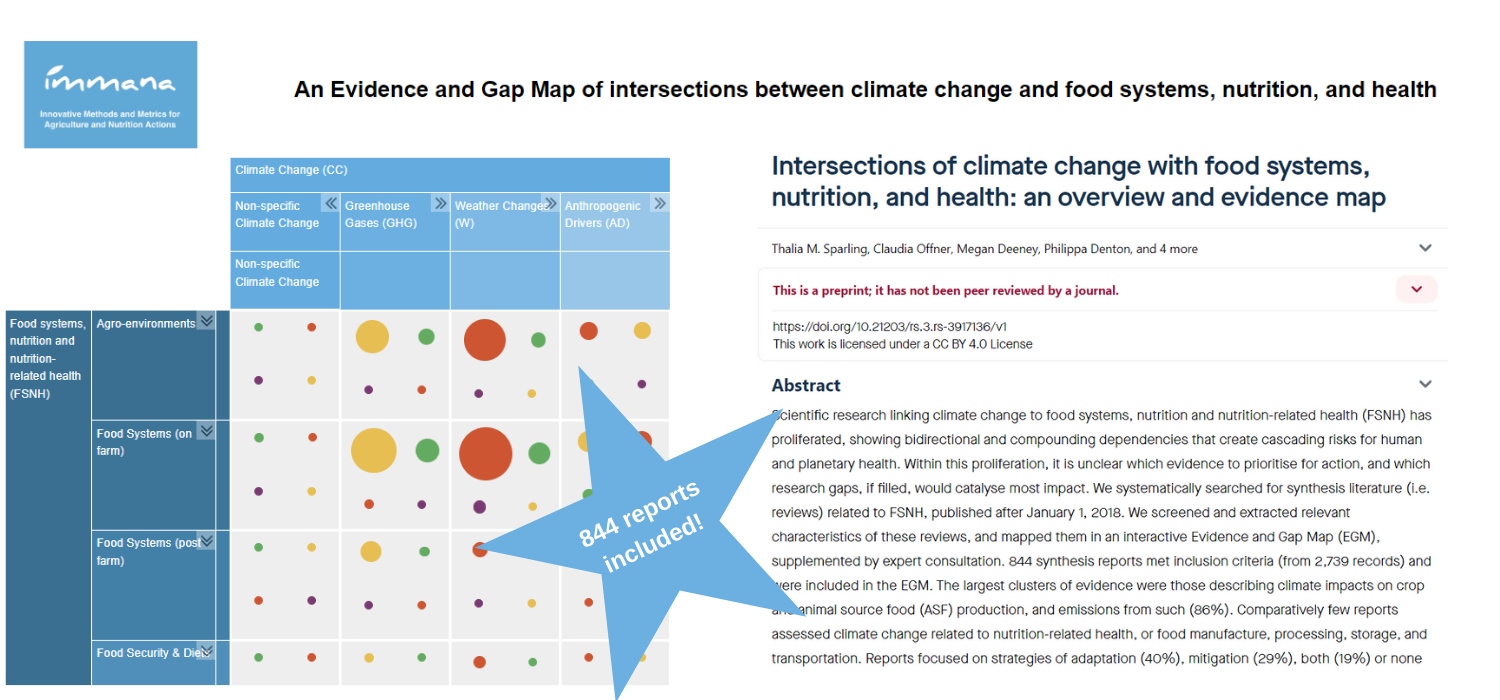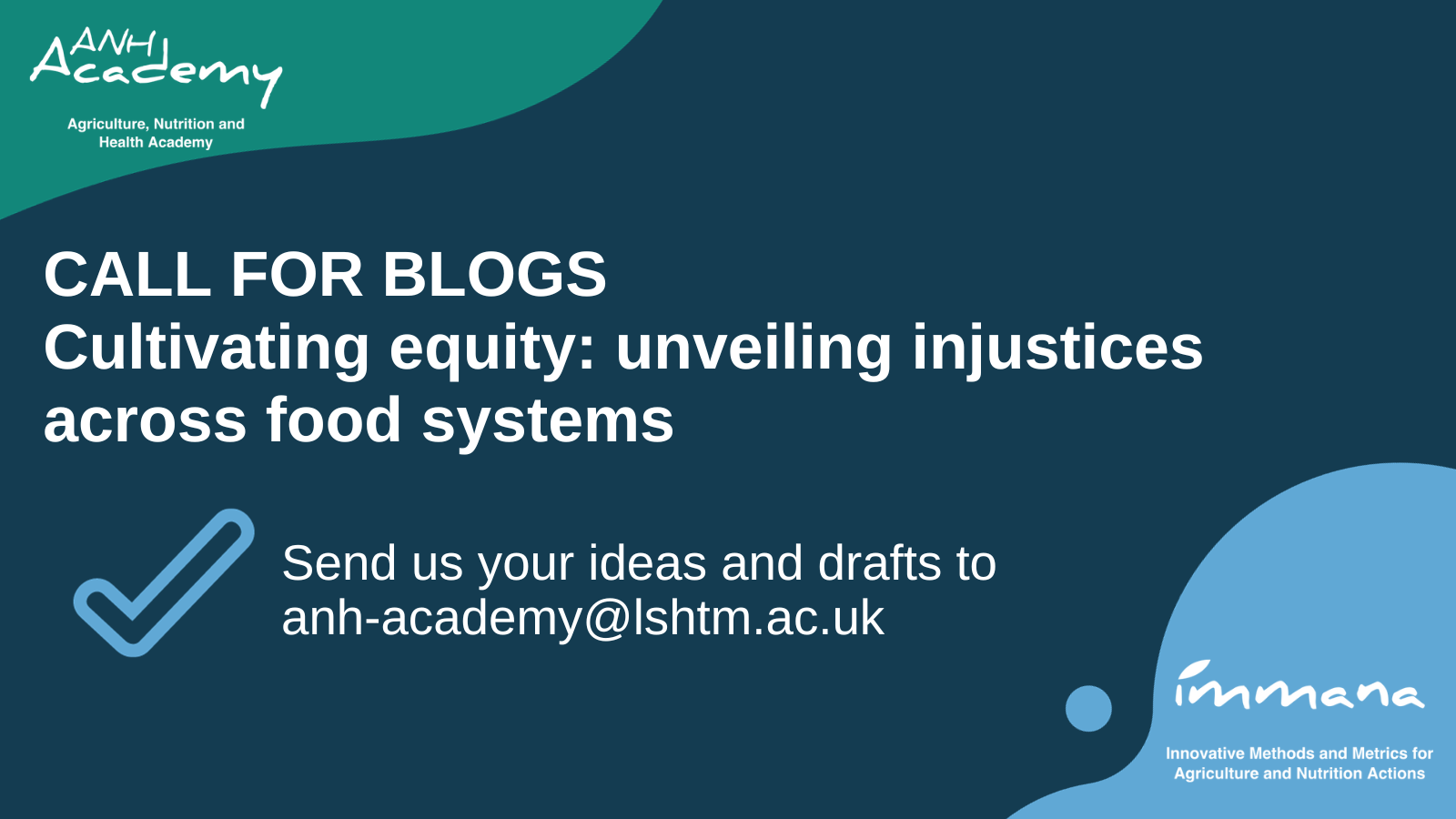Fig 1. - Illustration of the relationships between studies utilizing Automated Wearable Cameras (AWCs) for data collection
A new paper, 'Automated wearable cameras for improving recall of diet and time use in Uganda: a cross-sectional feasibility study' has been published in Nutrition Journal, from an IMMANA Grant project.
Traditional recall approaches of data collection for assessing dietary intake and time use are prone to recall bias. Prospective methods, such as self-report diaries are not practicable in rural low-income countries due to low literacy, and direct observation is labour intensive. Studies in high- and middle-income countries show that automated wearable cameras are a promising alternative method for collecting objective health behaviour data and may improve study participants’ recall of foods consumed and daily activities performed.
This study aimed to evaluate the feasibility of using automated wearable cameras in rural Eastern Uganda to collect dietary and time-use data. 21 Mothers of young children wore an automated wearable camera on two non-consecutive days while continuing their usual activities.
The study found that using an automated wearable camera in rural Eastern Uganda was feasible, although improvements are needed to overcome the challenges common to rural, low-income country contexts and reduce the burdens posed on both participants and researchers. To improve the quality of data obtained, future automated wearable camera-based image-assisted recall studies should use a structured data format to reduce image coding time; electronically code the data in the field, as an output of the image review process, to eliminate ex post facto data entry; and, ideally, use computer-assisted personal interviews software to ensure completion and reduce errors. In-depth formative work in partnership with key local stakeholders (e.g., researchers from low-income countries, representatives from government and/or other institutional review boards, and community representatives and local leaders) is also needed to identify practical approaches to ensuring that the ethical rights of automated wearable camera study participants in low-income countries are adequately protected.
Andrea Bulungu collaborated with Kate Wellard on the round 2 IMMANA grant project 'Using Information Communication Technologies (ICTs) to understand the relationships between labour-saving agricultural innovations, women’s time use and maternal and child nutrition outcomes'




